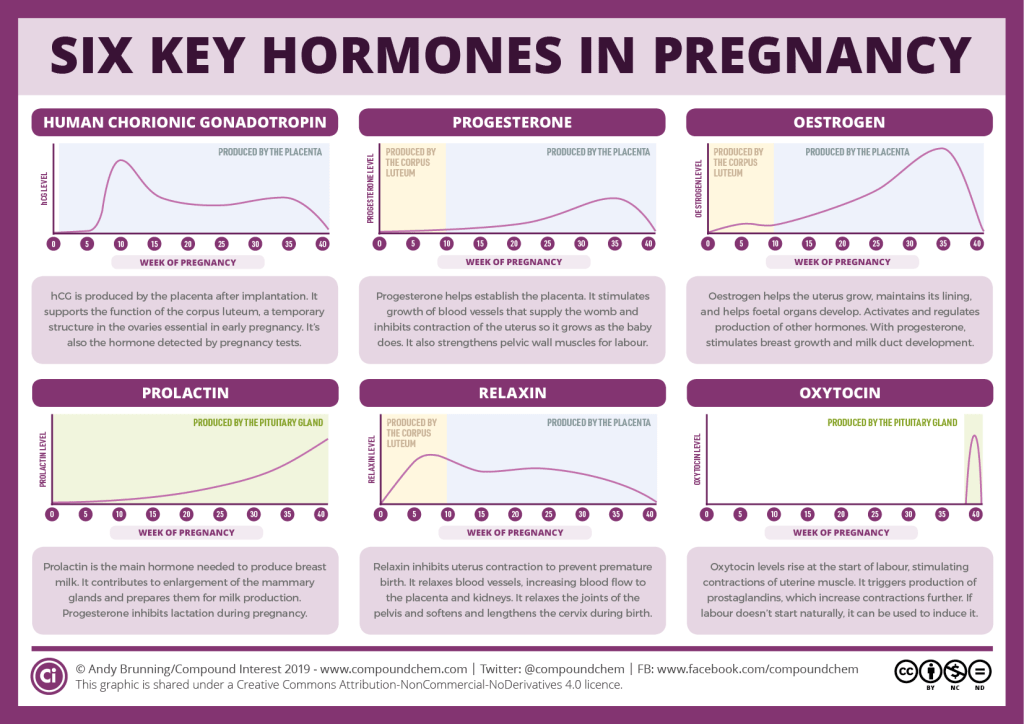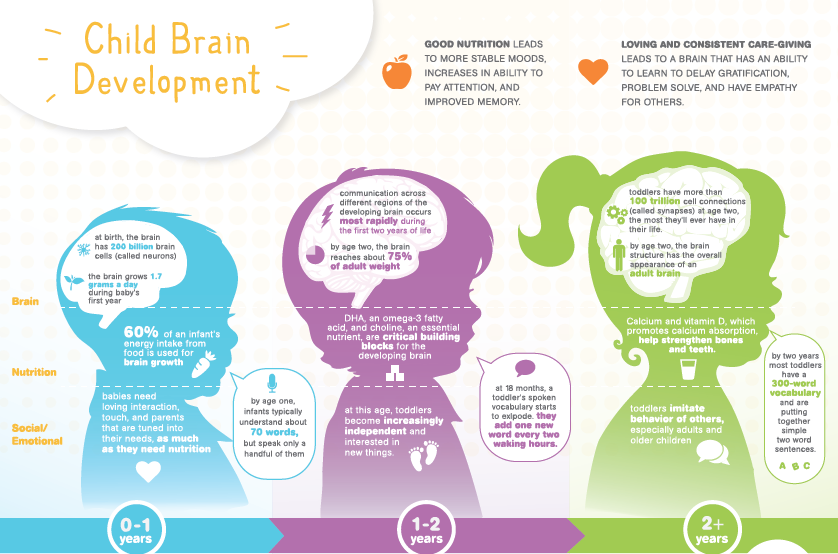What does hcg do to your body
Testosterone, Weight Loss, Side Effects & More
Human chorionic gonadotropin (hCG) is sometimes called “the pregnancy hormone” because of its important role in maintaining pregnancy.
Pregnancy tests check hCG levels in the urine or blood to determine if a person is pregnant or not.
The Food and Drug Administration (FDA) has also approved hCG injections to treat specific medical conditions in both women and men.
In women, hCG injections are FDA approved to help treat infertility.
In men, hCG injections are FDA approved for a type of hypogonadism in which the body doesn’t adequately stimulate the gonads to produce the sex hormone testosterone.
There are a variety of reasons why a doctor might prescribe hCG to a man.
To help address hypogonadism
In men, doctors prescribe hCG to help address the symptoms of hypogonadism, such as low testosterone and infertility. hCG can help the body increase its production of testosterone and sperm, which can help reduce infertility.
To improve testosterone deficiency
Injections of hCG are also sometimes used as an alternative to testosterone products in men with testosterone deficiency.
Testosterone deficiency is defined as testosterone blood levels less than 300 nanograms per deciliter (ng/dL) along with symptoms of low testosterone. These include:
- fatigue
- stress
- a low sex drive
- depressed mood
According to the American Urological Association, hCG is appropriate for those men with testosterone deficiency who also desire to maintain fertility.
Testosterone products boost levels of the hormone in the body but can have the side effects of shrinking the gonads, altering sexual function, and causing infertility.
hCG can help increase:
- gonad size
- testosterone levels
- fertility
Some doctors believe that using testosterone along with hCG may help improve symptoms of testosterone deficiency while preventing some of testosterone’s side effects.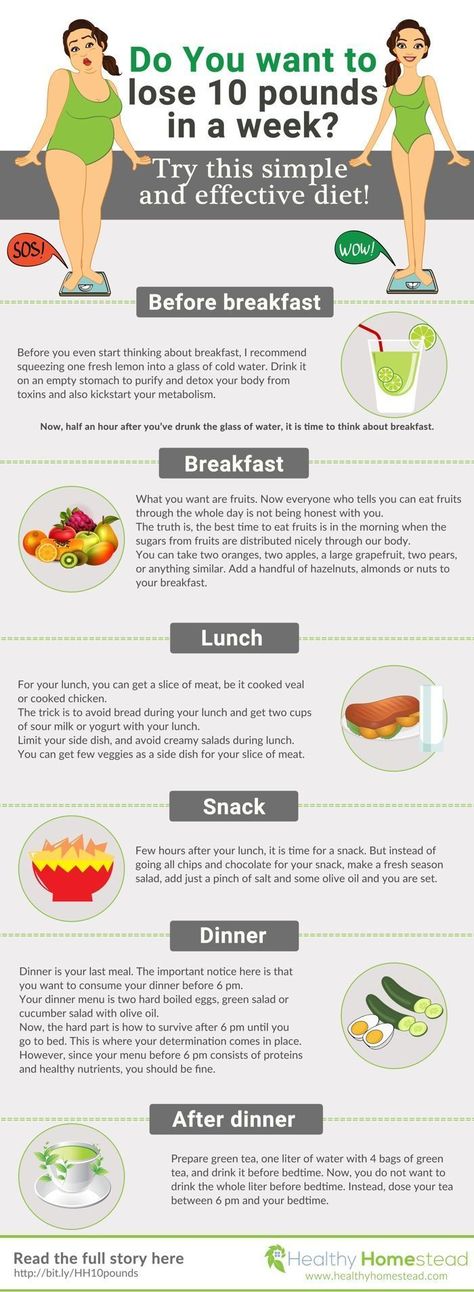
To improve sexual function
hCG may also help improve sexual function in men who don’t experience improvement while on testosterone.
To reverse steroid side effects
Bodybuilders who take anabolic steroids such as testosterone also sometimes use hCG to help prevent or reverse some of the side effects steroids cause, such as gonad shrinkage and infertility.
In men, hCG acts like luteinizing hormone (LH). LH stimulates Leydig cells in the testicles, which results in the production of testosterone.
LH also stimulates production of sperm within structures in the testicles called seminiferous tubules.
As hCG stimulates the testicles to produce testosterone and sperm, the testicles grow in size over time.
Very little clinical research has evaluated hCG in men with low testosterone levels.
In a small 2002 study of older men with partial hypogonadism, hCG increased testosterone levels compared to a placebo control. However, hCG had no effect on sexual function.
In one 2005 study, men taking testosterone along with hCG were able to maintain testosterone production in the testicles.
In a 2013 study, men taking testosterone along with hCG were able to maintain adequate sperm production.
According to a 2018 study, hCG can help men with hypogonadism preserve their fertility, whether it’s used alone or in combination with testosterone. It can help restore sperm production as well.
A small 2019 study concluded that hCG was safe and effective for men who experience the symptoms of hypogonadism but have testosterone levels above 300 ng/dL. Testosterone levels above 300 ng/dL are widely considered normal.
For men, the most common side effects of hCG injections include:
- gynecomastia, or the growth of male breasts
- pain, redness, and swelling at the injection site
- stomach pain
- nausea
- vomiting
In rare cases, people taking hCG have developed blood clots. Although also rare, allergic reactions can occur, including mild skin rashes and severe anaphylactic reactions.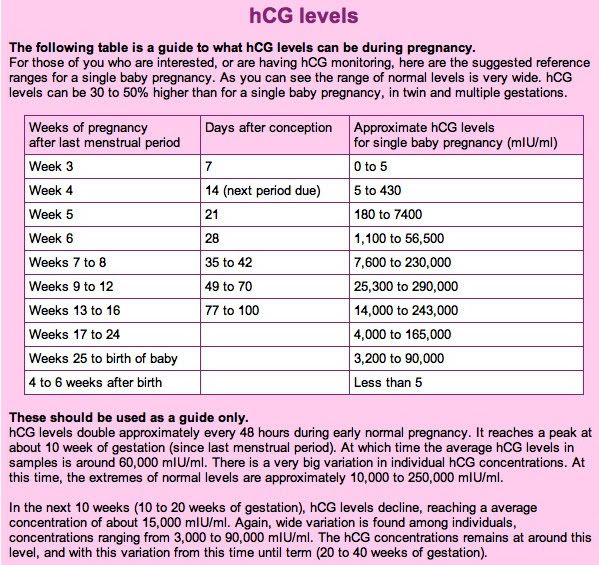
hCG is sometimes used for weight loss. Several products are available that are marketed as over-the-counter (OTC) homeopathic hCG products for weight loss.
However, the FDA has warned that it hasn’t approved hCG products for the purpose of weight loss. Any OTC products claiming to contain hCG aren’t legally authorized, either.
The FDA has also advised consumers that there’s no substantial evidence that hCG works for weight loss.
These products are often used as part of an “hCG diet.” This typically involves taking hCG supplements while following a low calorie diet of 500 calories per day.
Although this low calorie diet can help reduce weight, there’s no evidence that using hCG products helps.
Additionally, this extremely low calorie diet can be unsafe for many people. Possible side effects of extremely restrictive diets include:
- gallstones
- electrolyte imbalances
- arrhythmias
When used appropriately with the guidance of your doctor, hCG is safe.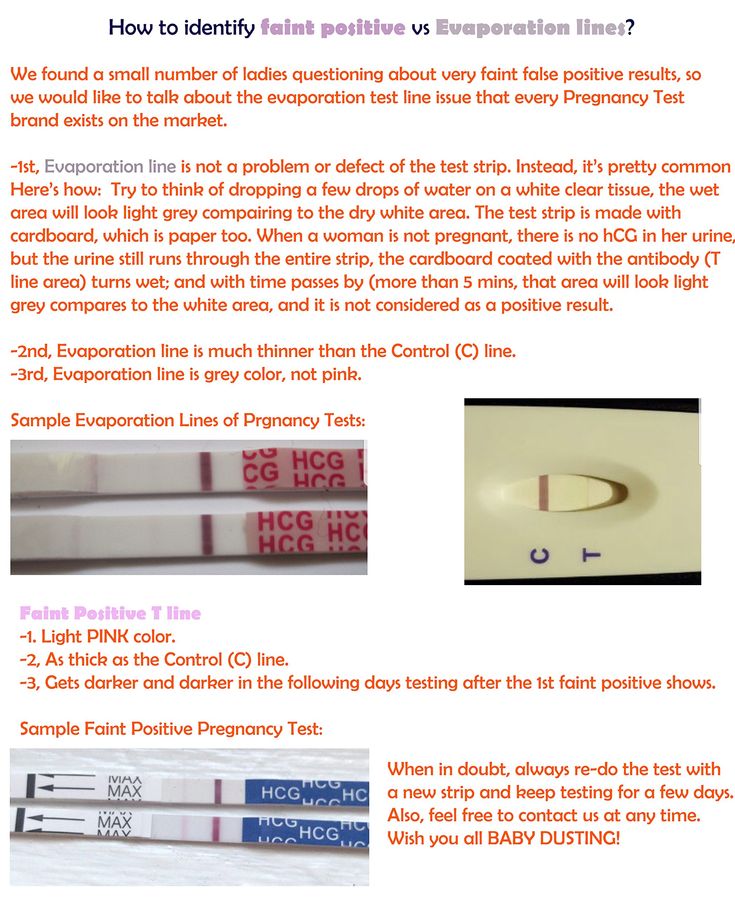
It shouldn’t be used by men with prostate cancer, certain brain cancers, or uncontrolled thyroid disease.
Talk with your doctor about other medical conditions you may have before using hCG.
hCG is produced from hamster ovary cells. People with an allergy to hamster protein shouldn’t take hCG.
You should avoid all OTC hCG products, since none of them have been FDA approved. The FDA warns against using these products or following the hCG diet.
hCG is an FDA-approved medication for treating specific conditions in both women and men.
In men, it seems to have an important role as an alternative to testosterone for boosting testosterone levels and maintaining fertility.
Some doctors are prescribing it in conjunction with testosterone products for testosterone deficiency to help maintain fertility and sexual function.
Some people are also using hCG for weight loss, often as a component of the hCG diet. However, there’s no reliable evidence that hCG works for this purpose. Due to concerns about its safety, it should be avoided as a weight loss aid.
Due to concerns about its safety, it should be avoided as a weight loss aid.
How the HCG Diet Works
The HCG diet requires you to take a daily dose of the hormone human chorionic gonadotropin also known as HCG. It’s available in injections, pellets, sprays, oral drops, and pills. The HCG is best known as the hormone produced by the placenta during pregnancy.
HCG consists of 244 amino acids and was first discovered to assist with weight loss by Dr. ATW Simeons, a British endocrinologist, when he learned that it played a critical role in controlling women’s metabolism.
The HCG Diet is a pro-hormone that helps the body produce more hormones. Since a hormone deficiency or imbalance is usually part of the reason for weight gain, whether it’s your thyroid, menopause, or andropause, this hormone can help reverse the effects.
HCG is a hormone in which the body can produce naturally. HCG causes the body’s metabolism to change and triggers the body to burn abnormal fat for energy.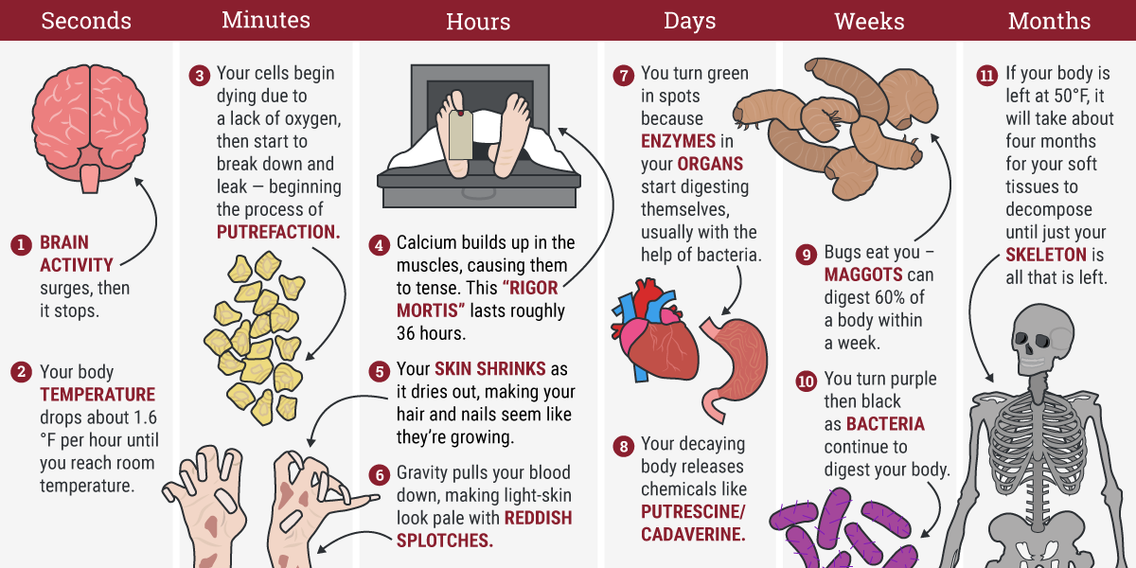 The presence of this hormone in the body (combined with a specialized diet plan) can result in a ½ lb to 1 lb fat loss per day.
The presence of this hormone in the body (combined with a specialized diet plan) can result in a ½ lb to 1 lb fat loss per day.
According to patients, the HCG hormone reduces feelings of hunger. Because this is also a low-calorie diet this allows them to eat very little comfortably. It is believed that the presence of the HCG hormone in the bloodstream takes away your appetite.
HCG Diet and Muscle
One of the benefits of HCG injections, aside from weight loss, is that it keeps you from losing muscle while you diet. By elevating the hormone levels in your body, including testosterone, the HCG hormone creates a muscle-building state which counteracts the muscle-breakdown state.
This sets the HCG diet apart from other weight loss systems because typically during a fast, dramatic weight loss with crash dieting, there is a high amount of muscle that is lost, which the type of weight that you want to lose. Because muscle is heavier than fat, it may look like you have had a dramatic weight loss when in reality all you’ve lost is muscle.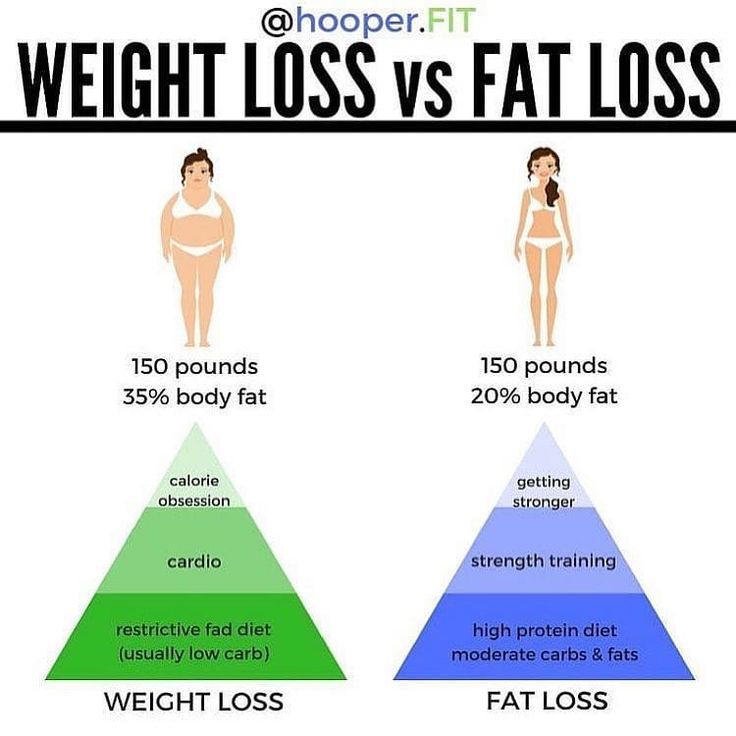 When you lose muscle, it sets you bad from your weight loss goals because it’s bad for your body, shape, and metabolism. The metabolism slows so much that you’re at risk of regaining the weight you’ve lost quickly, often regaining all the weight that was lost and then some. It also will take quite a bit of time, effort, and work to build back the muscle that has been lost.
When you lose muscle, it sets you bad from your weight loss goals because it’s bad for your body, shape, and metabolism. The metabolism slows so much that you’re at risk of regaining the weight you’ve lost quickly, often regaining all the weight that was lost and then some. It also will take quite a bit of time, effort, and work to build back the muscle that has been lost.
What Can You Eat On An HCG Diet?
Because of the low-calorie intake, the diet substantially restricts fat. It is recommended that you eat some fruits, such as oranges, strawberries, apples, and red grapefruit. For veggies, it is recommended that you eat nonstarchy vegetables, like lettuce, celery, cabbage, cucumbers, onions, and tomatoes. And finally, when it comes to meat it is recommended that you only eat lean meat and fish, this includes chicken breast, lean ground beef, shrimp, lobster, and white fish.
HCG Diet Recipes
Here at AgeRejuvenation, we have tons of HCG diet recipes that can help you create wonderful meals for breakfast, lunch, and dinner that are healthy, delicious and easy-to-make. Check out our HCG recipes today.
Check out our HCG recipes today.
- Pumpkin Protein Pancakes – Check out these amazing tasting pumpkin protein pancakes. These pancakes aren’t just healthy and full of protein, they’re also delicious!
- Zucchini Cakes with Salmon – This HCG recipe is healthy and filling.
- Low Carb Egg Curry – You can’t beat this low-carb HCG recipe!
Additional HCG Hormone Benefits
According to the HCG Diet website, there are numerous additional benefits when you start the HCG diet. For instance, rheumatic pains can decrease within a few days of an HCG treatment and this allows patients to interrupt prolonged cortisone treatment. This interruption is key due to the disadvantages and negative effects associated with prolonged cortisone treatment.
High cholesterol has also been known to decrease with the introduction of the HCG hormone, helping to lower overall blood pressure. HCG usage has been proven to help patients with gout pain, even if levels of blood uric acid are increasing during treatment.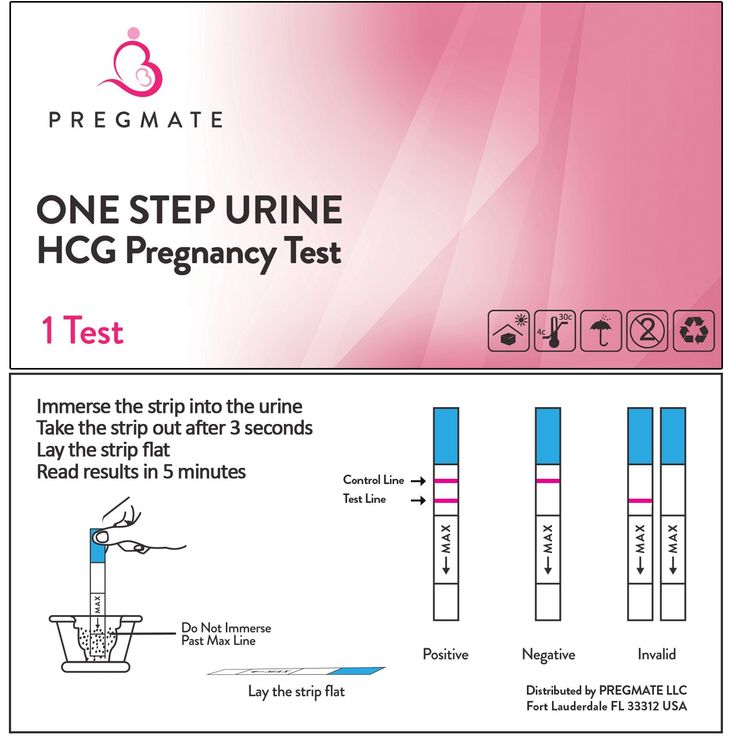
The overall lowering of blood pressure was also a significant discovery when it came to the use of HCG. When a woman with high blood pressure became pregnant, her blood pressure would often drop quickly, before slowly increasing once again after pregnancy. However, studies showed that their blood pressure never got back up to the same levels it was at before pregnancy.
HCG Diet at AgeRejuvenation
Remember that results may vary by individual, consult your doctor today or if you have questions about how the HCG diet works, be sure to stop by one of our offices today or give us a call about diets and recipes at 888-865-8370 to learn more! We have tons of resources right here to help you along your weight loss journey.
Share
hcg. What does this hormone show? Indications, preparation, interpretation
One of the main tests during pregnancy is the study of the level of the pregnancy hormone hCG or human chorionic gonadotropin.
HCG is a protein with hormonal activity, which begins to be produced by the tissue after implantation of the embryo as early as 6-8 days after fertilization of the egg and is one of the most important indicators of the presence and successful development of pregnancy.
HCG is necessary for the development and maintenance of pregnancy, it blocks the menstrual cycle and activates the production of other hormones necessary to maintain pregnancy - estrogen and progesterone.
In the future, hCG monitoring is necessary for doctors to detect certain pathologies in the development of the fetus. The level of hCG rises not only during normal pregnancy, but also during ectopic, as well as within a few days after an abortion, and with some hormonally active tumors.
HCG in oncology is an indicator of a number of tumors (trophoblastic and testicular).
Main indications for use:
Screening of pregnant women in order to detect chromosomal abnormalities in the fetus in the first trimester (trisomy 21 chromosome - Down syndrome, trisomy 18 chromosome), diagnosis of malignant tumors, as in women (hormepitemoma). Same for men (testicular tumors)
The main functions of hCG in the body of a woman and fetus during pregnancy include: growth of the corpus luteum in which progesterone and estradiol are produced, which are necessary for the normal development of the fetus in the early stages of pregnancy
3-hCG causes the production of testosterone in the testes of the male fetus, before the birth of the child, which is necessary for the normal formation of male sexual characteristics
HCG is one of the earliest markers of pregnancy. Its concentration increases until the end of the first trimester, and then decreases
Its concentration increases until the end of the first trimester, and then decreases
When preparing for donating blood for hCG, no restrictions on diet and diet are required
The main distorting factor is hemolysis. And the factors that increase the result are menotropins (Pergonal, drugs with FSH)
Indications for the study:
fetus)
- diagnosis of trophoblast tumors (hydatidiform mole, choriocarcinoma), as well as other tumors that secrete hCG.
- control of infertility treatment. Caused by a violation of ovulation and confirmation of conception.
What can an increase in hCG levels mean:
- pregnancy (up to the 9th week)
- chorionepithelioma
- hydatidiform mole
- seminoma. Nonseminoma testicular tumors
- testicular teratoma
- endocrine diseases
- taking hCG preparations
- multiple pregnancy
- menopause
- early toxicosis of pregnant women
- maternal diabetes mellitus
- Fetal neural canal malformations, Down syndrome
Decreased hCG content is: False-negative results are also possible - they are correct in the early stages of the test One of the main tests during pregnancy is the study of hCG. One of the main tests during pregnancy is the study of hCG. What role does this hormone play in the body? What is the point of analysis? Maria Alexandrovna Petrova, an obstetrician-gynecologist at Expert Clinic Smolensk, answered these and other questions. - Maria Alexandrovna, what is hCG? - hCG (human chorionic gonadotropin) is a hormone that is normally produced only in the body of a pregnant woman and nowhere else. In other words, it is not normal in non-pregnant women, men, children, the elderly. The hormone is produced by the chorion tissue. This is one of the leaves of the future embryo. When a zygote (fertilized egg) is formed, approximately on the sixth day after conception, hCG can be determined in the woman's blood. – What functions does this hormone perform in the human body? - HCG is a very important hormone. It regulates the work of the whole body of a woman in the first trimester of pregnancy. Firstly, under the influence of hCG, the corpus luteum, which is formed in each cycle in a woman and disappears after 10-12 days from the moment of its formation, in this case does not disappear anywhere, but actively functions up to 10-12 weeks. The corpus luteum, as we know, produces progesterone, which must be sufficient in a woman's body to support normal growth and development of pregnancy. And until the placenta takes over the function of producing progesterone, it is performed by the corpus luteum, which cannot exist for a long time without hCG. Secondly, to some extent, chorionic gonadotropin has corticotropic properties, increasing the production of hormones (in particular, cortisol) in the adrenal cortex and contributing to functional hyperplasia of the adrenal cortex in a pregnant woman. During pregnancy, the whole body begins to live its own life: the third circle of blood circulation (placenta-fetus) is formed, the entire musculoskeletal system begins to rebuild. This is a significant stress for the body, which a woman must cope with. And cortisol helps with this. Read more about the adrenal glands in our article. After all, fifty percent of the unborn child is a foreign material for our body. And if there is no decrease in immunity, then, unfortunately, miscarriages occur. - What are the types of hCG tests? What is their essence? - The two main tests for hCG are qualitative and quantitative. Qualitative analysis is given in order to establish whether there is a pregnancy or not. And thanks to quantitative analysis, one can judge how the pregnancy develops. Normally, hCG should increase two to three times every two to three days. Two main tests for hCG - this is qualitative and quantitative - The main indication is to find out if there is a pregnancy in the body or not. We also prescribe this test for menstrual disorders, any abnormal uterine bleeding in order to exclude pregnancy. Without the presence of hCG, we cannot do this. And, of course, we prescribe hCG when we monitor the growth of pregnancy. In addition, there are, for example, oncological diseases, such as chorionic carcinoma or hydatidiform mole, which will also be accompanied by the production of hCG. The determination of this marker is one of the tests performed in the diagnosis of these diseases. - What does high hCG mean? - It is very difficult to say which hCG indicators are increased and which are decreased during pregnancy. Because if we look at the table of limits of normal values for each gestational age, then they are very wide. In addition, hCG can increase with the threat of miscarriage, in the presence of diabetes, some oncological diseases. - What does low hCG indicate? - Here it is more correct to speak not about the low level of hCG, but about the slow increase in hCG. Most often, it happens with an ectopic (ectopic) pregnancy, when it is not located in the uterus, but in the tube, ovary or abdominal cavity. More information about ectopic pregnancy can be found here. These are the main times when hCG is low. - How to take hCG? Is there any preparation needed? - Blood for hCG is taken strictly on an empty stomach. Preferably in the morning. On the eve, as with any blood donation from a vein, it is advisable not to drink alcohol, fatty, fried, spicy. You may also be interested in our materials on other types of tests: How to take a complete blood count? Leukocytes. What will the blood test tell? Platelets: friend or foe? What does a biochemical blood test show? More than just a colonoscopy: what does a stool test reveal? Diagnosis of infections by PCR: what is it? - How accurate is the hCG blood test? - If we are talking about a qualitative analysis for hCG, then this is the gold standard for detecting pregnancy. Nothing more accurately than hCG will tell us whether a woman is pregnant or not. If we talk about quantitative analysis, then this is also a fairly objective research method that allows you to track whether the pregnancy is developing well or there are some difficulties. You can make an appointment with an obstetrician-gynecologist here ATTENTION: the service is not available in all cities Interviewed by Marina Volovik What tests should be taken when planning a pregnancy Preparing for pregnancy: necessary diagnostics Chicks are counted in the fall. hCG: what kind of analysis it is, its role in pregnancy
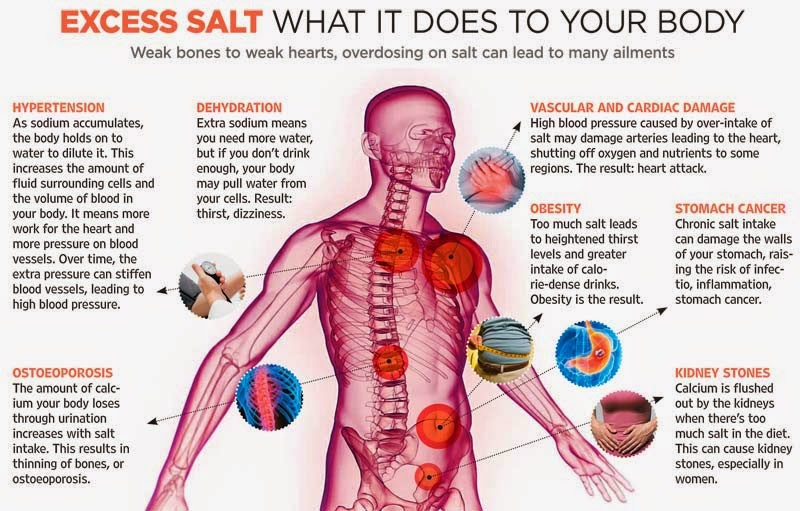 What role does this hormone play in the body? What is the point of analysis? Maria Alexandrovna Petrova, an obstetrician-gynecologist at Expert Clinic Smolensk, answered these and other questions.
What role does this hormone play in the body? What is the point of analysis? Maria Alexandrovna Petrova, an obstetrician-gynecologist at Expert Clinic Smolensk, answered these and other questions. 
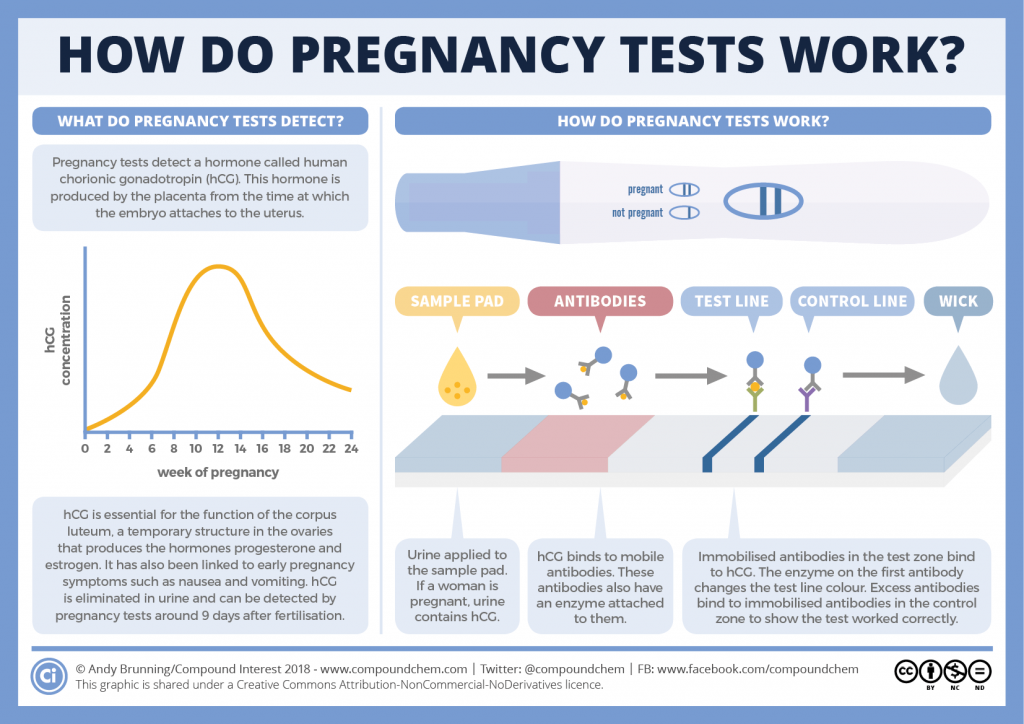
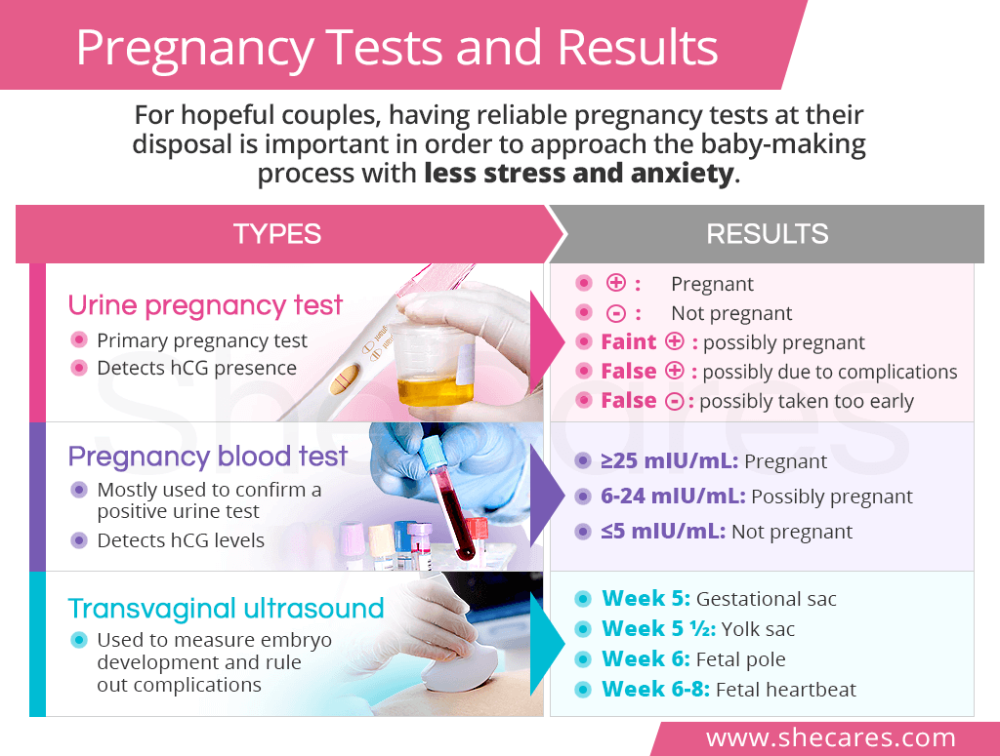 The test may not yet show pregnancy, and the fetal egg is not yet visible on the ultrasound, and hCG will already unambiguously answer this question.
The test may not yet show pregnancy, and the fetal egg is not yet visible on the ultrasound, and hCG will already unambiguously answer this question. 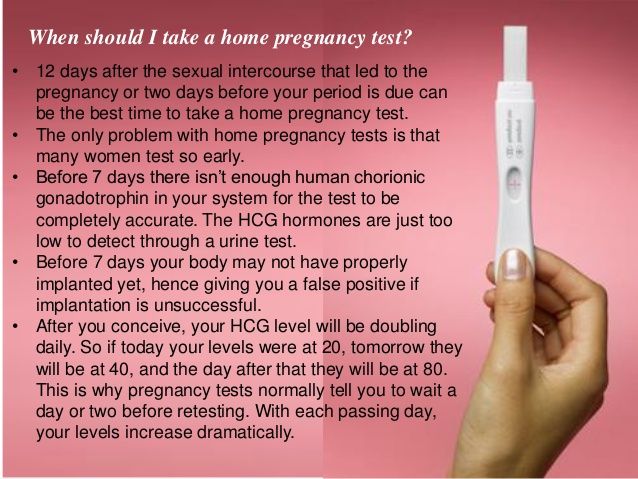 But if we say that the numbers are overestimated in several consecutive analyzes, then this may indicate, for example, a multiple pregnancy.
But if we say that the numbers are overestimated in several consecutive analyzes, then this may indicate, for example, a multiple pregnancy. 